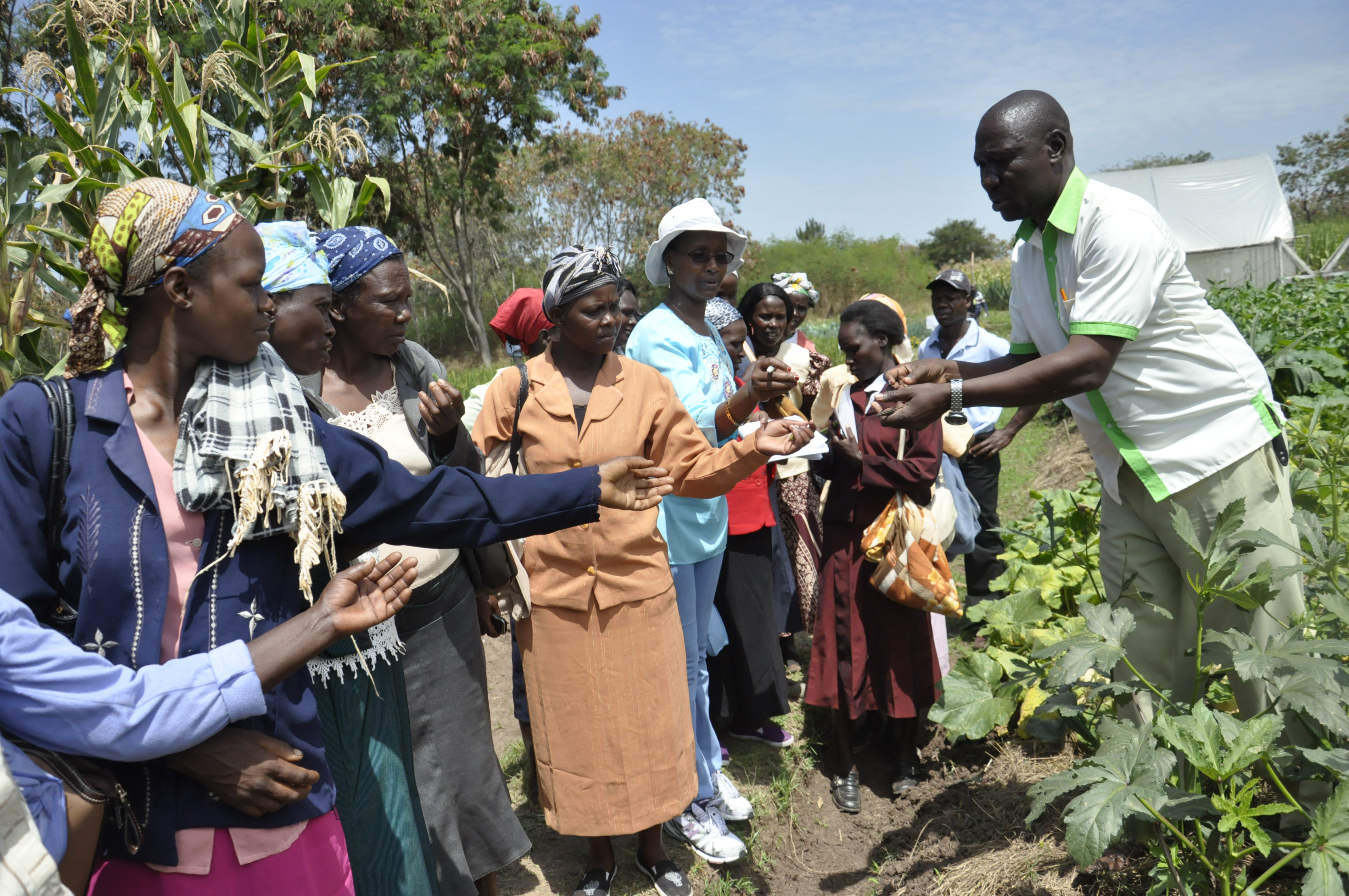
India has voiced its adamant opposition to discussions held as part of the Koronivia Joint Work on Agriculture (KJWA), which aimed to increase efforts to reduce greenhouse gas emissions in the agricultural sector.
- The Koronivia Joint Work on Agriculture (KJWA) decision, which recognises the special potential of agriculture in combating climate change, is a historical one.
- The KJWA was developed as a new procedure to promote discussions on agriculture in the United Nations Framework Convention on Climate Change during the 23rd Conference of the Parties (COP) in Fiji in 2017. (UNFCCC).
- Six issues, including soils, fertiliser usage, water, livestock, techniques for assessing adaptation, and the socio-economic and food security implications of climate change across the agricultural sectors, will be covered through the collaborative work.
Reasons why India opposed the discussions under the Koronivia Joint Work on Agriculture (KJWA)?
- Mitigation, or the attempts to lower greenhouse gas emissions from the agriculture sector, is mentioned in a draught decision under the Koronivia Joint Work.
- India has expressed opposition to this proposal and said that these are “survival” emissions produced by the impoverished, not “luxury” emissions. It attributed the current climate crisis to the rich countries’ historical emissions.
- In the majority of the world’s developing nations, agriculture is carried out by small and marginal farmers who labour arduously, suffer the whims of extreme weather and climate fluctuation, and endure added stress from climate change.
- India has said that developed countries want to use the world’s agriculture, lands, and seascapes as a site of mitigation for their wasteful, excessive emissions.
- This is why they are attempting to expand the scope of mitigation to include agriculture.
- India has taken a similar stance towards methane emissions in the agricultural sector. Given how heavily dependent India is on agriculture, it doesn’t want any mention of emissions from that sector. Over 50% of Indians rely on income from farming.
